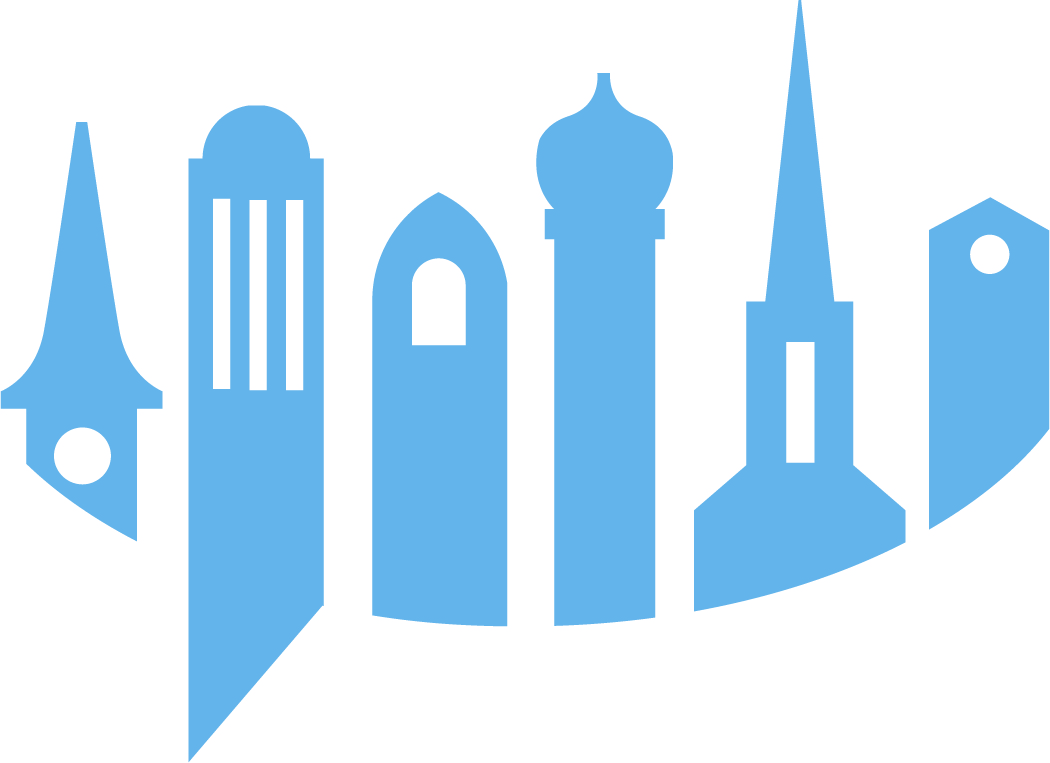‘We’re all children of Abraham’: The patriarch that unites Jews, Christians and Muslims
By Rickey Ciapha Dennis Jr. rdennis@postandcourier.com
Oct 6, 2018
https://www.postandcourier.com/news/we-re-all-children-of-abraham-the-patriarch-that-unites/article_fabc7cd6-c676-11e8-962d-37d54de1aac1.html
In preparation for Sunday’s sermon, the Rev. Cress Darwin reviews the biblical book of Genesis.
He finds the story where God orders Abraham to leave his home and promises him numerous descendants comparable to the sand on the seashore and stars in the sky.
Darwin, who leads Second Presbyterian Church in Charleston, admires Abraham for his obedience and faithfulness.
“The hope that I take is that if God can use some of these characters, he can certainly use us,” Darwin said.
Abraham isn’t only revered by Christians. He’s a central figure in Judaism and Islam as well.
While the faiths are unique in their religious beliefs, customs and practices, Abraham is the common forefather that shows the religions have a lot more in common than what some may think.
Abraham is considered the patriarch of monotheism. According to the story recorded in Jewish, Christian and Islamic texts, he was instructed by God to leave his native land where his family worshipped pagan gods.
Texts say that Abraham had two sons, Ishmael and Isaac. The former founded the Arab people from which the Prophet Muhammad came and founded the Islamic faith. From the latter, Judaism manifested and Jesus Christ is eventually born thousands of years later to initiate Christianity.
The faiths draw spiritual lessons from their elder who endured tests that challenged his commitment to God, including his willingness to sacrifice his son.
For Jews, he’s revered for his obedience. Christians say he was faithful like Jesus Christ. Muslims honor him for his submissiveness.
In the second annual James Sawers Jr. Speaker Series hosted by the Charleston Interreligious Council this week, Rabbi Reuven Firestone, Ph.D., who teaches medieval Judaism and Islam at Hebrew Union College in Los Angeles, will lead a session on Abraham’s importance across religious sects.
While the three faiths also honor other figures, including Noah, Moses and David, Firestone said Abraham is unique in his role as the father of the faiths.
“We’re all one big tribe,” Firestone said. “We think of ourselves as three separate, competing religions. We’re all the children of Abraham.”
But even while they share similar ancestry, the faiths are notably different.
They worship on different days in distinctly different houses of worship. They have separate holy texts and mainly disagree on their views of Jesus. Jews wear the kippah. Muslims cover their head with the taqiyah.
Even when it comes to the details of Abraham’s life, the religions disagree on which son he almost slew as a sacrifice.
But religious leaders say these differences are OK.
Imam Shamudeen, who leads the Central Mosque of Charleston, said ideals like justice, compassion and the desire to do good should be enough to unite people with different religious beliefs and ethnic backgrounds.
“We should get along whether we believe in Abraham or not,” Shamudeen said. “I really don’t care for the similarities. I look beyond that. To be a good person, you don’t require people to be similar to agree with them.”
Dr. Elijah Siegler, who chairs the College of Charleston’s department of religious studies and serves on the interreligious council’s board, agreed. At the college, Siegler encourages his students to visit different religious institutions and services.
“We can learn from each other from our differences,” Siegler said. “Just by understanding religions that are not your own, you break down the barriers.”
https://www.postandcourier.com/news/we-re-all-children-of-abraham-the-patriarch-that-unites/article_fabc7cd6-c676-11e8-962d-37d54de1aac1.html
